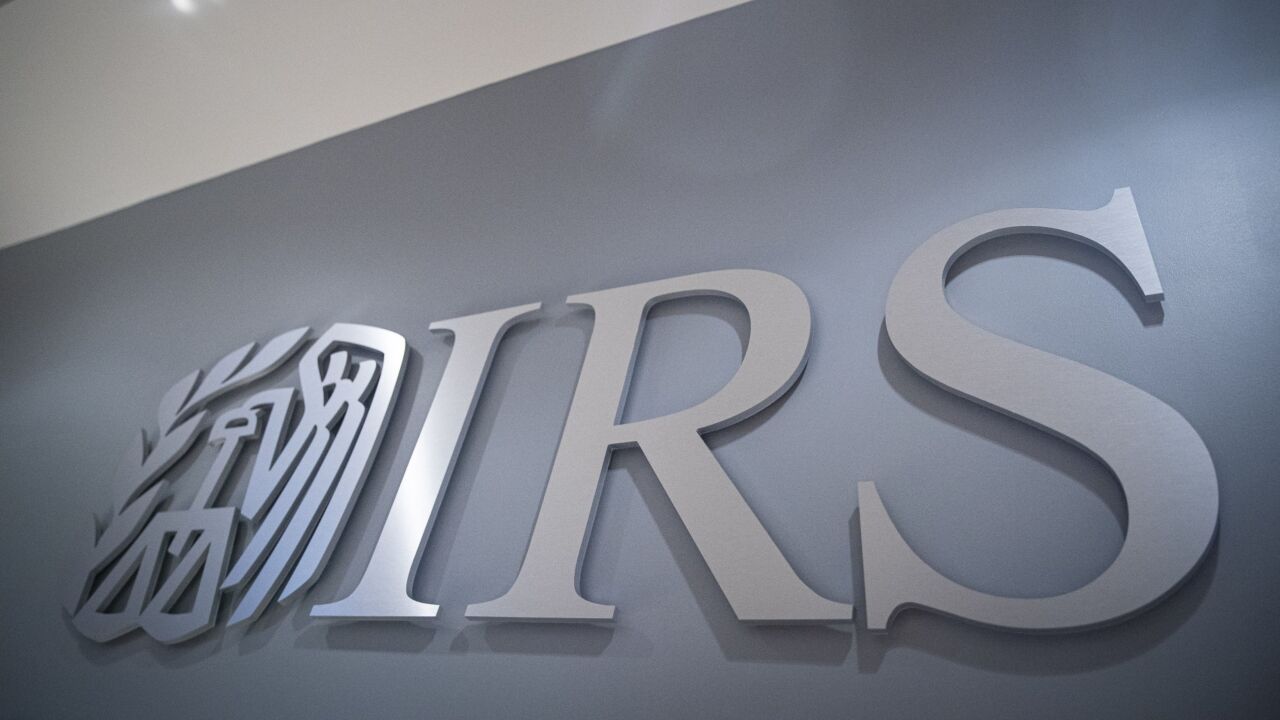The Financial Accounting Standards Board issued an
The amendments in the update aim to lower the cost of implementing the lease standard (Topic 842) for those entities while keeping the expected benefits for users of financial statements.
Topic 842 currently provides lessees that aren’t public business entities with a practical expedient that enables them to make an accounting policy election to use a risk-free rate as the discount rate for all leases. FASB originally provided the practical expedient as a way to lessen the cost and complexity of having to calculate an incremental borrowing rate for those lessees.

Some of FASB’s private company constituents have said they’re reluctant to use the risk-free rate election for all leases. Those stakeholders pointed out that a risk-free rate (including a U.S. Treasury rate) is low compared with their expected average incremental borrowing rates, and that using the risk-free rate election could increase an entity’s lease liabilities and right-of-use assets.
To answer such concerns, the amendments in the ASU permit lessees that aren’t public business entities to make the risk-free rate election according to the class of the underlying asset, as opposed to the entity-wide level. It also requires that, when the rate implicit in the lease is readily determinable for any individual lease, a lessee can use that rate (instead of a risk-free rate or an incremental borrowing rate), whether or not it has made the risk-free rate election.
On Wednesday, FASB decided not to defer the effective date of the lease accounting standard for private companies and nonprofits for another two years (
“We’ve provided a number of practical expedients since we issued the standard in 2016, particularly to ease the transition burden, make it easier to transition to the new standard, as well as the expedients that have helped specifically private companies,” said FASB member Sue Cosper.
Some of the practical expedients for the leasing standard came in response to discussions with stakeholders during FASB’s post-implementation review process for recent standards. “Just hearing some of the feedback, for example, from a leasing standpoint, a couple of projects came out of the PIR process related to leasing, for example the accounting for lessors for leases with variable lease payments, as well as the nonpublic entities practical expedient that allows them to be able to use a risk-free rate rather than having to calculate an incremental borrowing rate,” said FASB technical director Hillary Salo during Financial Executives International’s Current Financial Reporting Insights virtual conference on Tuesday. “Both of those issues came out of our PIR process and have been discussed at roundtables that we held as part of our PIR process.”
Public companies have been required to use the standard since 2019. Private companies and nonprofits are supposed to start implementing it soon, for fiscal years beginning after Dec. 15, 2021, and interim periods within fiscal years starting after Dec. 15, 2022. However,
“In late July 2021, 75% of surveyed senior accounting and finance professionals at private companies with more than 1,000 employees stated they were not yet compliant with ASC 842, with 30% of respondents less than halfway through the process,” said Joe Fitzgerald, senior vice president of lease market strategy at the accounting software company Visual Lease and a former lease accounting technology leader at Ernst & Young. “Furthermore, 40% claimed they were only somewhat confident about their ability to successfully adopt the new standard in time for their next scheduled reporting period after Dec. 15, 2021. This data indicates that despite the many known risks associated with misreporting lease financials — including increased audit fees (51%), damage to an organization’s reputation (49%) and risk of legal action (48%) — private companies have largely underestimated the time and resources required to navigate this complex process, likely banking on yet another extension from FASB. Yesterday’s FASB session made it clear that the sand has run out of that hourglass. In addition to the pressures of meeting the confirmed deadline of December 2021, private organizations are also currently planning for 2022 and beyond. In doing so, they are looking to make strategic decisions to ensure their leases are rightly positioned for the months ahead.”





